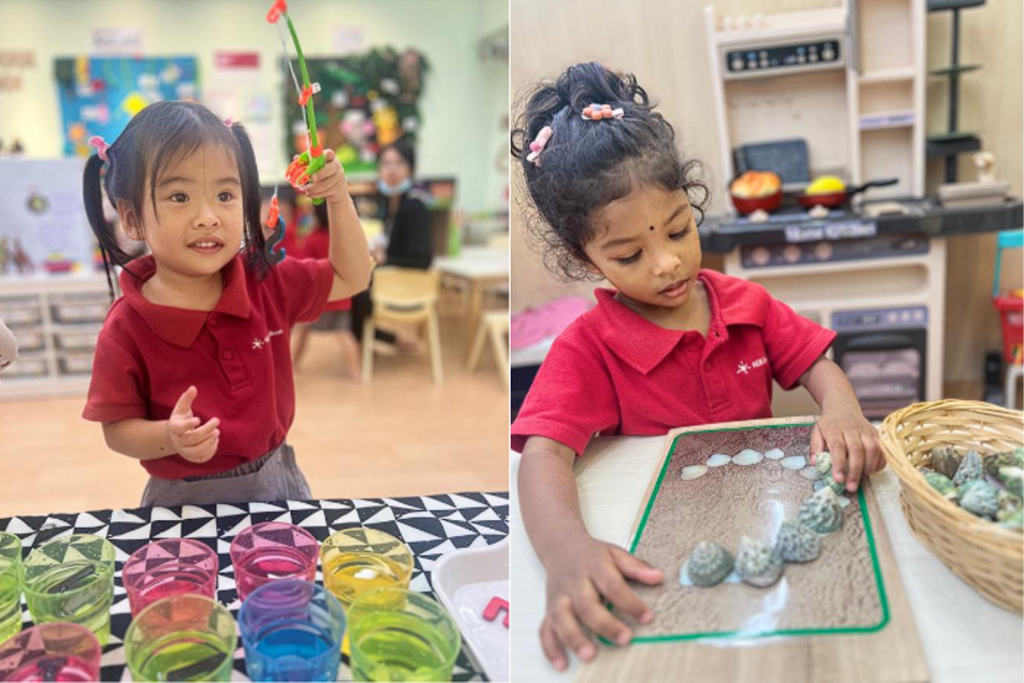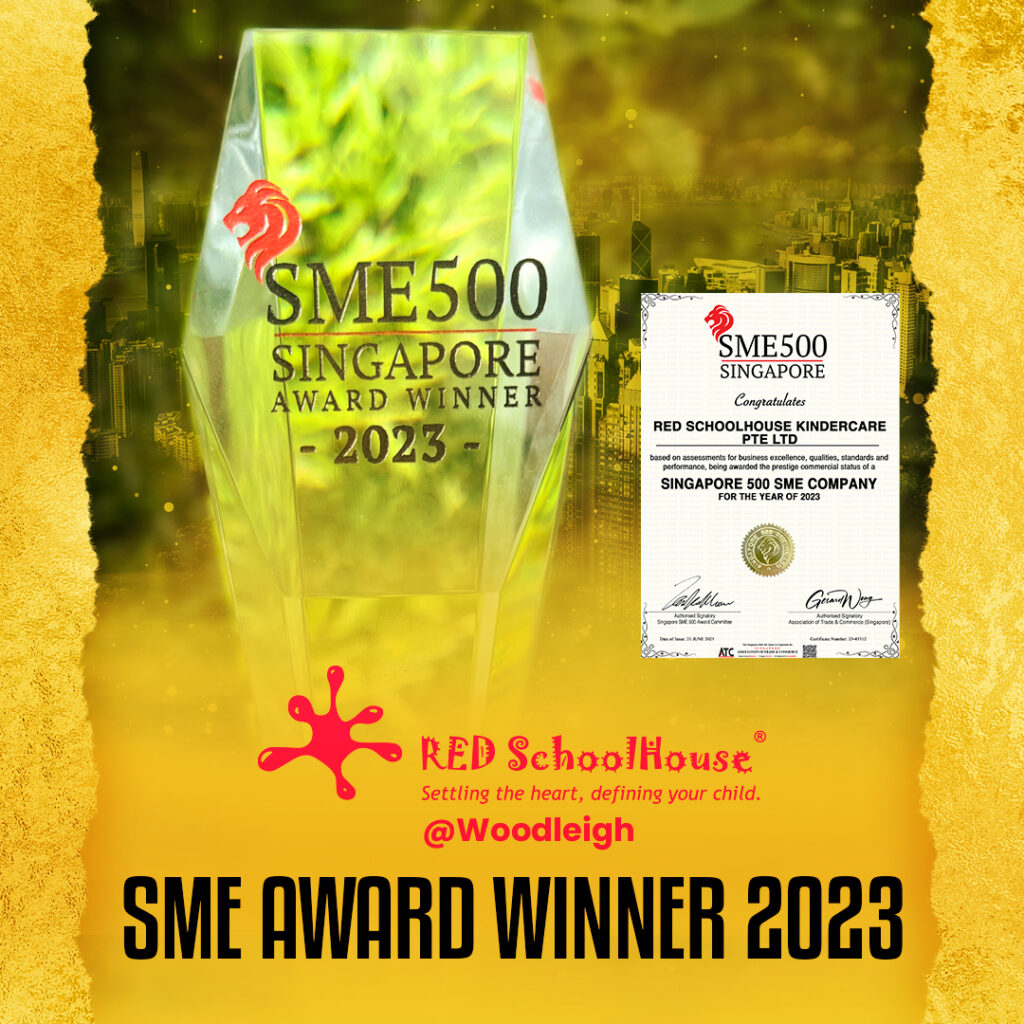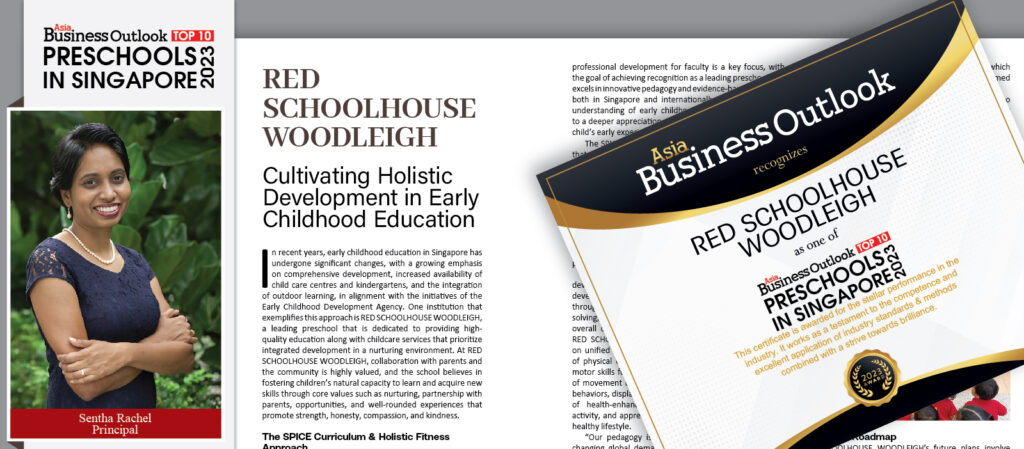In the world of early childhood education, play is much more than just fun and games—it’s a powerful tool for learning and development, especially when it comes to building essential pre-reading skills like phonological awareness. Phonological awareness refers to the ability to recognize and manipulate the sounds of language, which is a crucial foundation for reading success. Here’s how you can leverage play-based activities to nurture phonological awareness and reading readiness in preschoolers:
1. Rhyming Games:
Engage children in rhyming activities using playful games and songs. Encourage them to identify words that rhyme (e.g., cat, hat, mat) and create silly rhyming phrases together. Rhyming helps children tune in to the sounds of words, a key component of phonological awareness.
2. Sound Discrimination:
Play sound discrimination games where children identify and differentiate between sounds. Use objects or pictures representing different initial sounds (e.g., ball, bat, book) and ask children to match items based on their beginning sounds.
3. Letter Sound Exploration:
Introduce letter sounds through hands-on exploration. Create letter sound sensory bins with items that start with specific letters (e.g., “S” for shells, “B” for buttons) or use alphabet puzzles and magnetic letters to reinforce letter-sound correspondence.
4. Storytelling and Puppet Play:
Encourage storytelling and puppet play to enhance listening skills and comprehension. Use puppets to act out stories or nursery rhymes, emphasizing rhythm, intonation, and word patterns. Encourage children to retell stories and predict what might happen next.
5. Phonemic Awareness Activities:
Focus on phonemic awareness by isolating and manipulating individual sounds within words. Play “sound blending” games where children blend sounds together to form words (e.g., /c/ /a/ /t/ becomes “cat”) or segment words into individual sounds.
6. Environmental Print Scavenger Hunt:
Take children on an environmental print scavenger hunt to identify letters and words in their surroundings (e.g., signs, labels, packaging). Point out familiar words and encourage children to recognize and read them aloud.
7. Alphabet Games and Songs:
Sing alphabet songs and play alphabet games to reinforce letter recognition and sequence. Use movement activities like alphabet hopscotch or letter scavenger hunts to make learning interactive and enjoyable.
8. Literacy-Rich Play Centers:
Create literacy-rich play centers with books, magazines, writing materials, and word games. Encourage children to engage in pretend play scenarios that involve reading and writing, such as setting up a pretend grocery store or writing letters to imaginary friends.
9. Incorporate Technology:
Utilize age-appropriate educational apps and interactive digital tools that reinforce phonological awareness skills through engaging activities. Balance screen time with hands-on, real-world experiences to maximize learning benefits.
10. Encourage Playful Exploration:
Above all, encourage curiosity and playful exploration. Provide opportunities for children to experiment with language and sounds in a supportive and encouraging environment, fostering a love for reading and lifelong learning.
By integrating these playful activities into everyday experiences, parents and educators can lay a strong foundation for phonological awareness and reading development in preschoolers. Remember, learning through play is not only effective but also joyful and memorable, setting the stage for a lifetime of literacy and language success.
Stay tuned for more tips and insights on early childhood education and parenting on our blog!*
By Ms Ramiya
Lead Teacher



